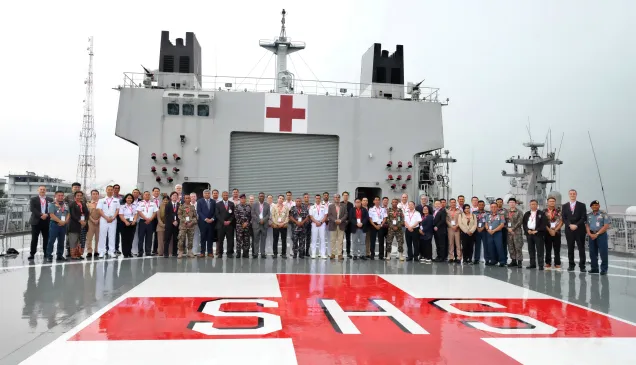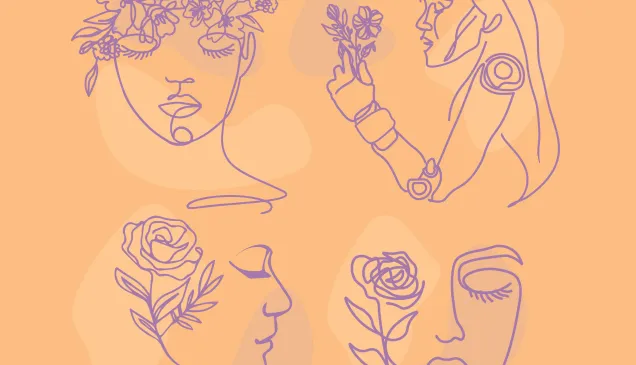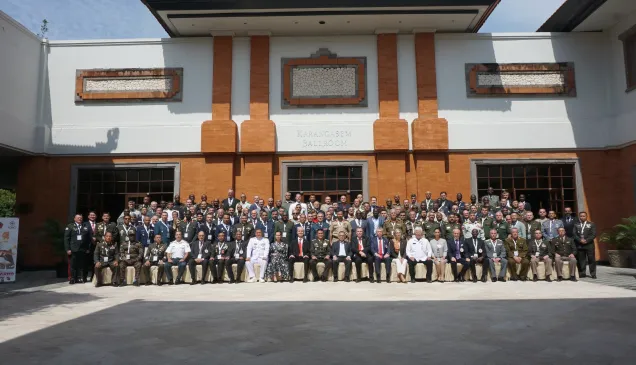Webinar: Religions, health issues and management of the dead with Alkhairaat University
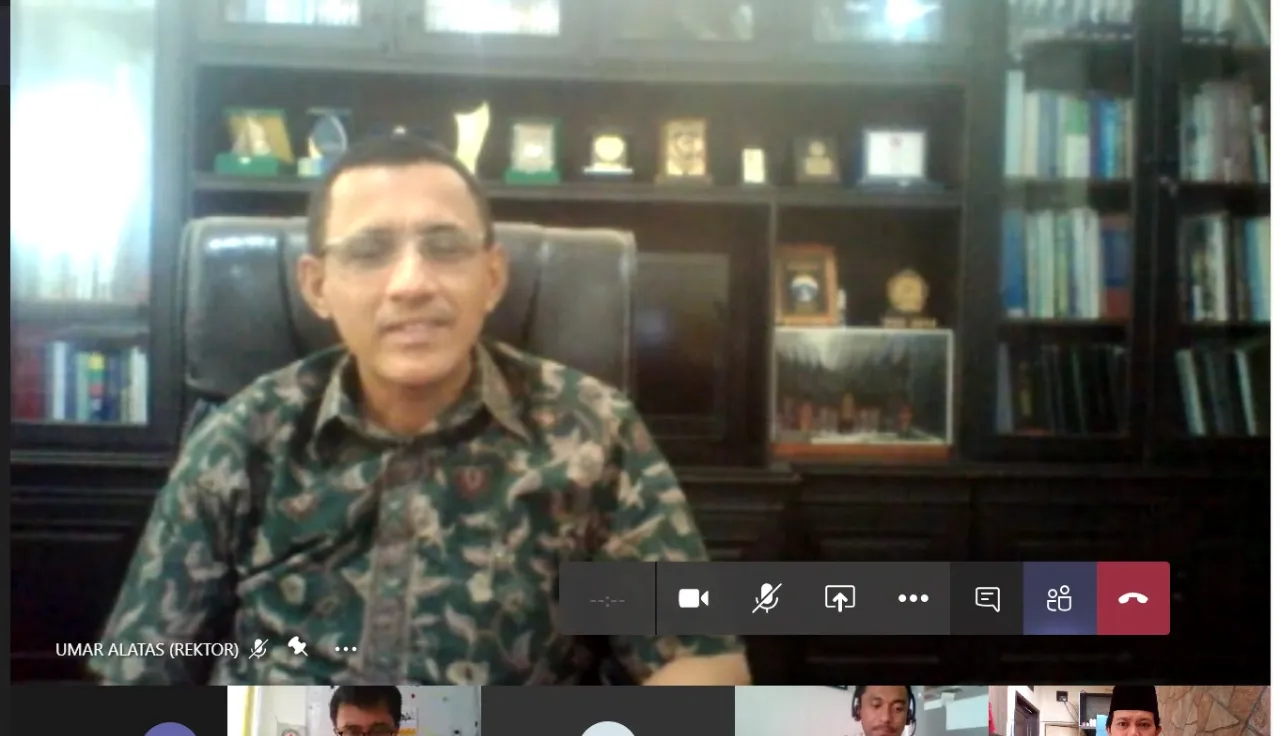
On 14 May 2020, more than 40 lecturers from Alkhairaat University and State Institute of Islamic Studies Datokarama, in Palu, participated in a webinar on COVID-19: Religions, Health Issues and Management of the Dead (MotD).
The event was initiated by the regional delegation of the International Committee of the Red Cross (ICRC) for Indonesia and Timor Leste, in collaboration with the University of Alkhairaat, in light of the stigmatization of COVID-19 positive or suspected patients. In Central Java, the burial at a public cemetery of a nurse who died of COVID-19 was reportedly rejected by the locals, who were worried about further infection.
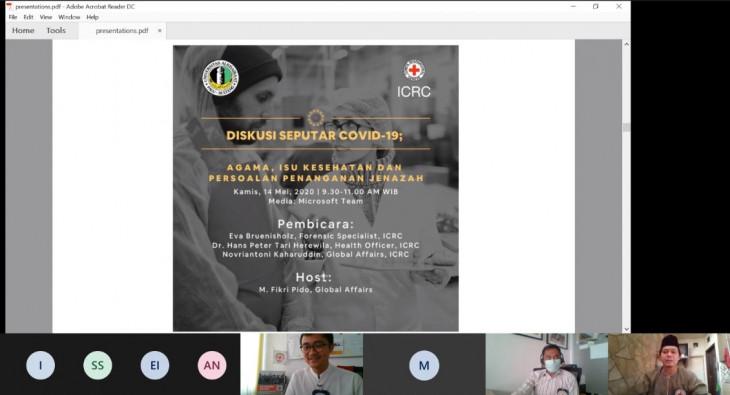
A man in Kolaka, Southeast Sulawesi, insisted on washing the body of his suspected COVID-19 positive wife, without observing the government protocol. The concern over the husband's infection increased when the deceased wife was confirmed COVID-19 positive a few days after the burial.
These two examples - and other incidents across Indonesia - have revealed a gap in understanding over how to bridge religious values and health protocols.
The webinar featured speakers on three different topics, all closely related to the COVID-19 issue: religions, health issues and MotD.

Novriantoni Kaharuddin of the ICRC's Global Affairs Unit Responsible for the ICRC's engagement with religious circles in Asia, explained the role of religious groups in Indonesia in relation to COVID-19. The six official religions of Indonesia have issued guidelines on MotD according to their respective traditions, which are generally in line with the protocols issued by the government.
In the second presentation, Dr Hans Herewila, an ICRC health officer, explained the development of COVID-19 in Indonesia and Central Sulawesi, and its consequences for public health. The driving point of this presentation was that COVID-19 responses demand a multi-sectoral, pan-religious and inter-disciplinary approach.
In the final presentation, Eva Bruenisholz, an ICRC forensic specialist, explained that handling corpses during the COVID-19 pandemic should be viewed through the lens of natural disaster; adding that MotD is one of the three pillars of humanitarian response in disasters, together with the care of survivors and restoring basic services. The main message in this presentation was the importance of reaching a compromise between the usual cultural and religious rituals and the forensic and medical necessities.
During the Q&A session, several participants, such as Abdul Aziz of Economic Faculty, underlined the importance of MotD for COVID-19 patients in accordance with sharia guidelines. Dr. Arfan of Agriculture Faculty added that this seminar opened opportunities for collaboration between the Islamic Faculty and the Faculty of Medicine to bridge the gap. In line with this point, Dr. Hasmani Noer, Dean of Agriculture Faculty, proposes to follow up with the training of trainers on MotD for students who are interested in becoming volunteers.
The event which lasted about two hours was concluded with remarks by the Rector of Alkhairaat University (UNISA), Dr. Umar Alatas. He expressed his gratitude for the ICRC's commitment to continued collaboration with UNISA on activities related to the ICRC's humanitarian mandate.
Dr. Umar stated, "I fully agree with [ICRC Advisor on Islamic Law] al-Dawoody, who is suggesting a need for convergence between forensic science and the sharia guidelines, to overcome concern among families about the funeral rites of their loved ones. We are in a difficult period, and there are a lot of socio-economic pressures, so we need to be more proactive and wiser in responding to these issues."

